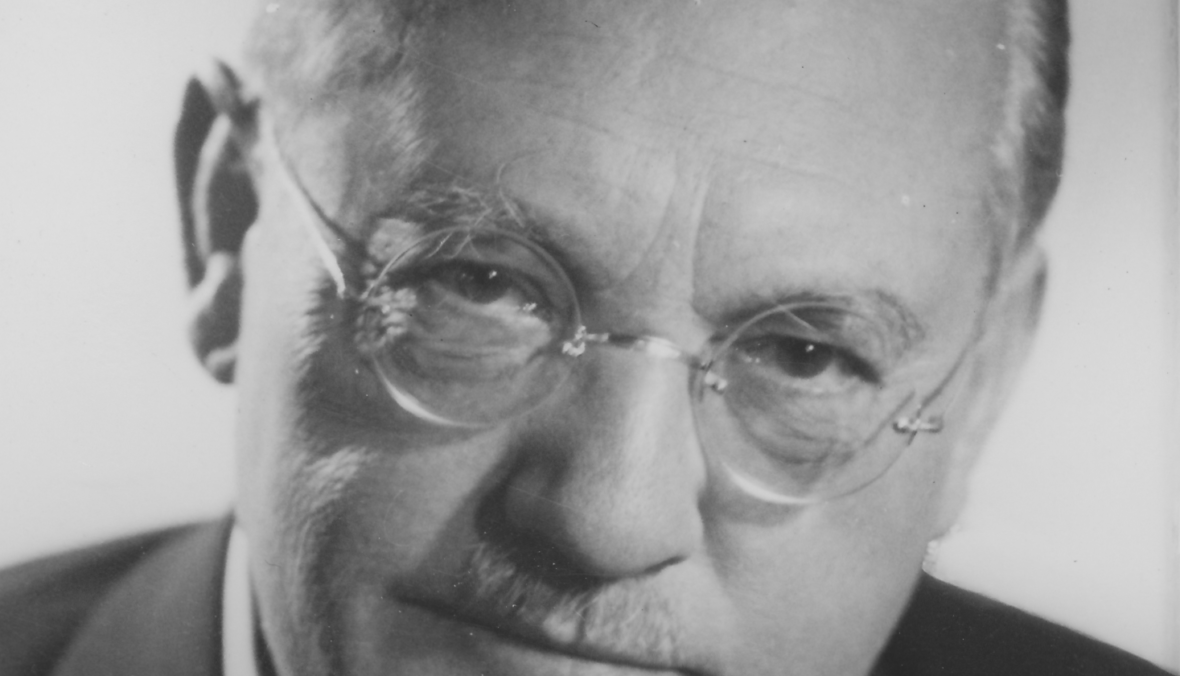Carl Bosch was a German chemist and engineer and Nobel Laureate in chemistry. He was a pioneer in the field of high-pressure industrial chemistry and founder of IG Farben, at one point the world’s largest chemical company. Take a look below for 26 more weird and interesting facts about Carl Bosch.
1. Bosch was born in Cologne into a family with close ties to the industrial, chemical, engineering and plumbing industries.
2. His uncle was the inventor of the spark plug.
3. Bosch earned a doctorate in organic chemistry from the University of Leipzig in 1898.
4. After graduation, he went to work for the well-known chemical company BASF, where he found practical industrial applications for Fritz Haber’s method of fixing nitrogen.
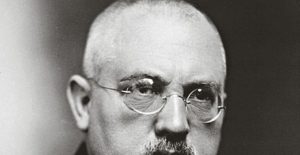
5. Bosch’s work on Haber’s model made it possible to produce countless tons of nitrogen based fertilizer and explosives, and is now known as the Haber-Bosch Process.
6. The Haber-Bosch Process generates nitrogen out of air by fixing it under intense pressure.
7. In order to make the process economically feasible and industrially useful, Bosch had to develop an entire chemical plant and its necessary equipment dedicated to functioning under intense pressures and temperatures.
8. While his initial work led to the large-scale production of ammonia and its resulting revolutionizing of the world’s agricultural industry, he later began work on taking this same process and altering it to produce methanol and synthetic fuels.
9. He was awarded the Nobel Prize in Chemistry in 1931 for his contributions to high pressure chemistry.
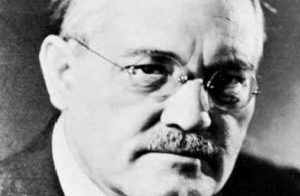
10. Due to Bosch’s political views and his outspoken criticism of the Nazi Party’s ideals, he was relieved of all public work, including as head of IG Farben, when Hitler came to power.
11. The Haber-Bosch process is still in use and is responsible for the production of more than 100 million tons of nitrogen fertilizer annually.
12. The Haber-Bosch process is an important part of the green energy movement that is currently impacting the work of the scientific community as researchers look for solutions to our current and projected future energy needs.
13. Bosch happened to have a hobby-level interest in astronomy, and collected meteorites.
14. His samples were loaned to Yale University, but upon his death, they were sold to the Smithsonian.
15. He received honorary doctorates from various institutes like Technische Hochschule in Karlsruhe, the Agricultural College, Berlin, the Technische Hochschule in Munich, Halle University and the Technische Hochschule in Darmstadt.
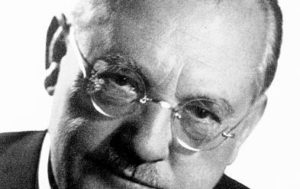
16. Bosch was conferred the distinction of Honorary Senator by the Universities of Heidelberg and Leipzig, and of Honorary Citizen of Frankfurt.
17. He was awarded the Liebig Memorial Medal of the Association of German Chemists, the Bunsen Medal of the German Bunsen Society, the Siemens Ring, and the Golden Grashof Memorial Medal of the VDI.
18. Bosch received the Exner medal from the Austrian Trade Association and the Carl Lueg Memorial Medal.
19. In 1902, he married Else Schilback and the couple had a son and a daughter.
20. Bosch was a passionate collector of butterflies, beetles, minerals, and gems.
21. The asteroid 7414 Bosch was named after Carl Bosch.
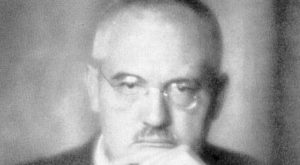
22. He suffered from depression and alcoholism.
23. He died on April 26, 1940, in Heidelberg, Germany.
24. In 1919, he received the Liebig Medal from the German Chemists Association.
25. In 1924, Bosch received the Werner von Siemens Ring of Stiftung Werner-von-Siemens-Ring foundation.
26. In 1932, he received the Wilhelm Exner Medal from the Austrian Trade Association.

